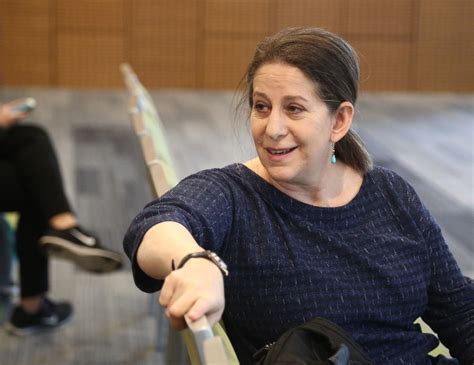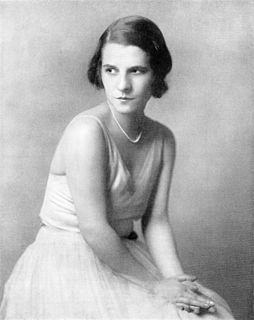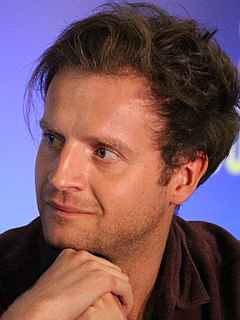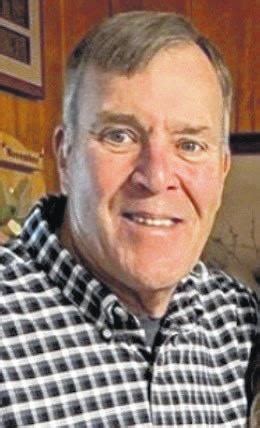A Quote by Sarah Hall
Dystopian novels, such as Orwell's 'Nineteen Eighty-Four,' often tend to site their despotised or deformed civilisations in urban environments.
Related Quotes
In 'Nineteen Eighty-Four,' protagonist Winston Smith works at a propaganda department for the state called the 'Ministry of Truth,' where inconvenient news can be discarded down a 'memory hole.' Orwell was fixated on the idea that under certain governments, the past can be altered or documents rewritten.
It wasn't until my teenage years that a book really left a mark, and that was George Orwell's 'Nineteen Eighty-Four.' It was on the syllabus at school when I was about 16, and I went on to read more of his books. It was the height of the Cold War, so a lot of the messages really resonated at the time.
Noise pollution is basically defined as the presence of simple information that makes it impossible to hear all the other more delicate - and often more important - information. Noise pollution creates, if you will, dumb environments. Our industrial areas, many of our downtown urban areas, are dumb acoustic environments. Very simple, very loud, often unhealthy.
Campaign analysts say that Dean has produced the most innovative web site in this year's presidential race. I particularly like today's blog, which consisted of the sentence 'I hate myself,' typed four billion times. In Dean's case, this may be the first instance where the actually entity represented by the web site has crashed more often than the site did.
I suspect the popularity of young adults and dystopian novels has something to do with a desire for allegory and old-fashioned morality tales. In fact, you might find your religious framework here in dystopian, post-apocalyptic fiction. Here, and in videogames, you find strict codes of authority, the "rules of the game," the life-or-death quest and struggle that people crave.







































